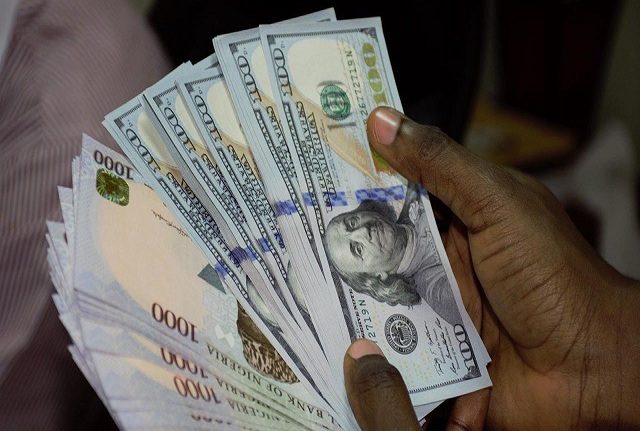According to the Central Bank of Nigeria (CBN), credit to the private sector (CPS) surged by 93.7% year-on-year to NGN80.86 trillion in February, marking a significant increase from NGN41.75 trillion recorded in February 2023. The sustained growth in CPS is attributed to the dual impact of the CBN’s enforcement of the 65.0% loan-to-deposit ratio and the depreciation of the local currency.
On a month-on-month basis, CPS increased by 6.0% in February, following a substantial 22.0% growth in January to NGN76.29 trillion. The broad money supply also experienced significant growth, rising by 77.6% year-on-year to NGN93.97 trillion, reflecting increases observed in narrow money supply (+44.5% year-on-year) and quasi-money (+99.3% year-on-year).
Analysts anticipate that the impact of the naira depreciation on CPS will diminish in the short to medium term, driven by the prospect of a stable naira and the CBN’s limit on banks’ net open position in foreign assets. Furthermore, the re-enforcement of CBN’s limit on the loans-to-deposits (LDR) macro-prudential ratio for deposit money banks (DMBs) is expected to boost banks’ willingness to create risk assets in the short term.
Despite these factors, analysts expect CPS growth to remain in double digits in the short term before tapering off to single digits in the medium term. This projection reflects the ongoing efforts by the CBN to stimulate lending to the private sector while ensuring financial stability and sustainable economic growth.















